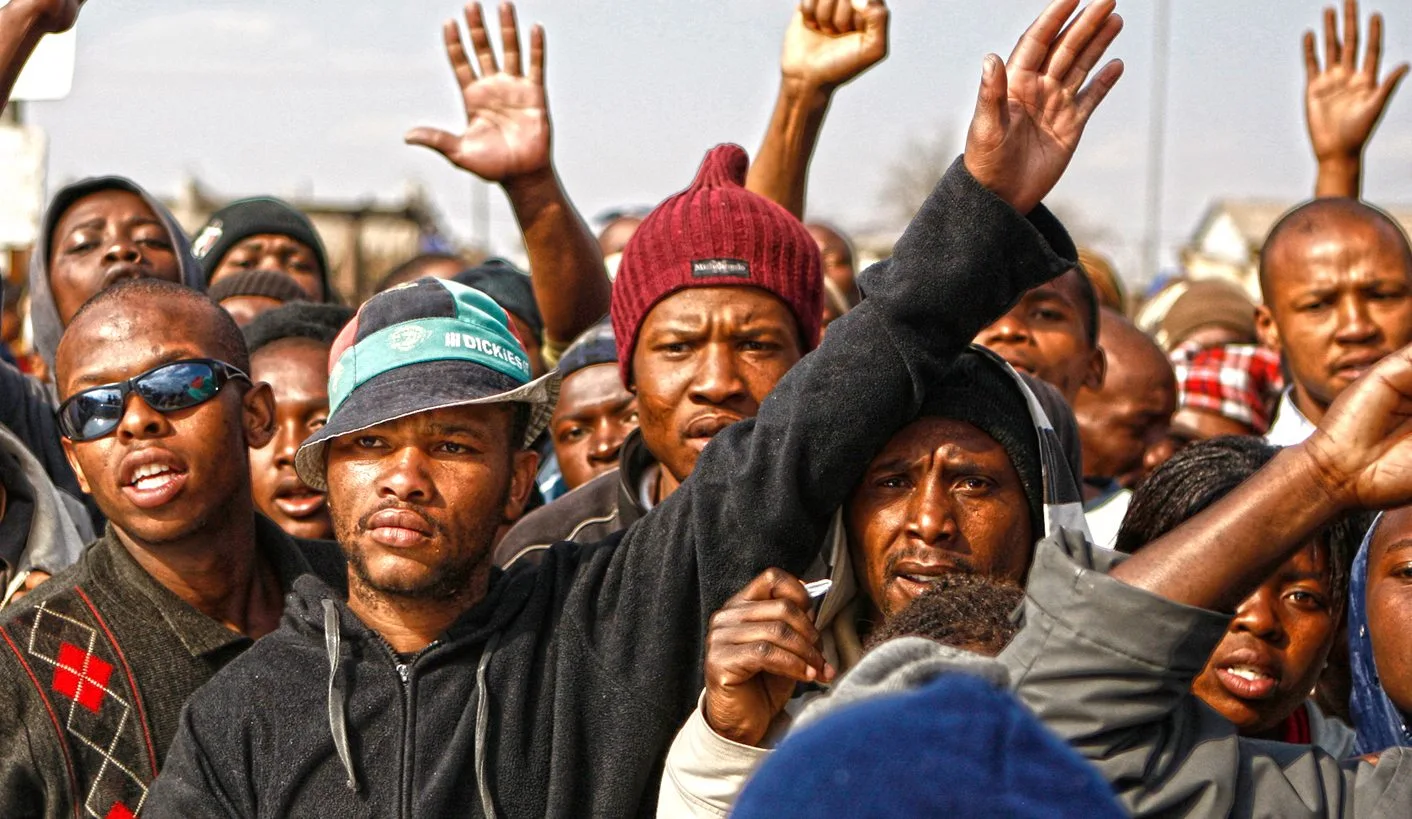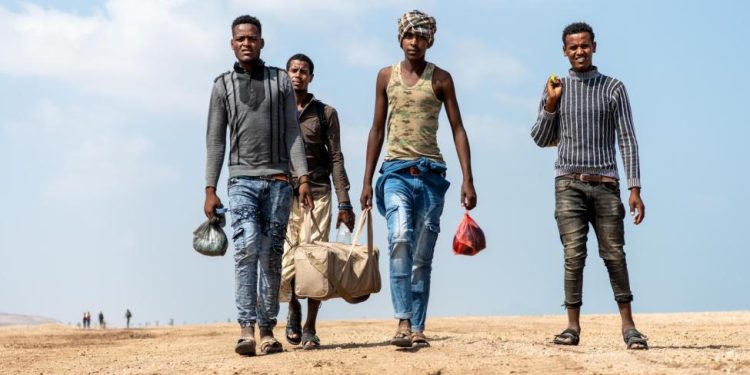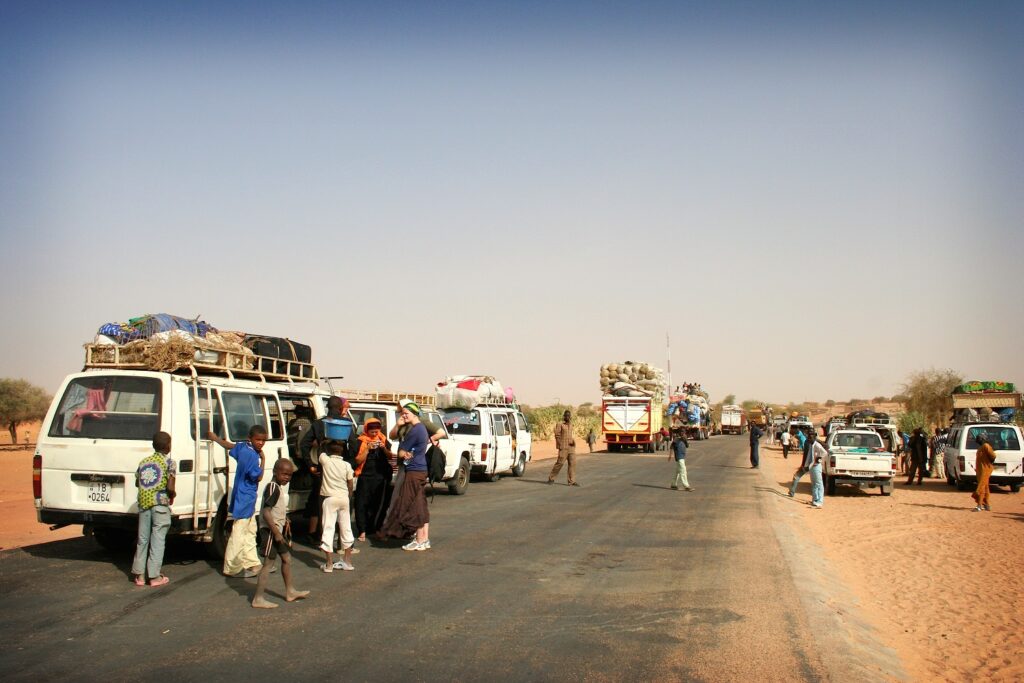
- Inter-African migration is being driven by a rise in demand for skilled and semi-skilled workers in different economic sectors
- Because emigrants bring with them more than just economic needs from their home countries, migration is a trade stimulant in and of itself
- For migrants who contribute to upskilling, movement within the continent results in better-paying, more stable employment

Migration has many advantages to Africa’s economy which is now recovering or dealing with the aftermath of the Covid-19 pandemic.
The African economy has remained resilient and has defied many catastrophic events including the Great Recession in 2008. This recession was billed as one of the worst financial declines in American history, lasting from 2007 December to June 2009.
Africa largely dodged this and it is now emerging from the pandemic.
To boost recovery, in addition to migration, the continent has the African Continental Free Trade Area (AfCFTA) which is, effectively, the world’s largest free trade area when fully operationalised.
Because emigrants bring with them more than just economic needs from their home countries, migration is a trade stimulant in and of itself. With this movement, there is increased demand for housing, food, transportation and other services which are beneficial to local economies.
In addition, migrants can serve as bridges to a wider market because they promote trade and tourism in their home countries, thereby creating demand.
The diaspora population’s needs can be met if the African economy is stimulated by the trade in African heritage. While there are many reasons for migration, one of the most important is joblessness, both within Africa and to other parts of the world.
Inter-African migration is being driven by a rise in demand for skilled and semi-skilled workers in different economic sectors.
For migrants who contribute to upskilling, movement within the continent results in better-paying, more stable employment. Filling critical skills and labour market gaps in countries of origin benefits from skills transfer and domestic skill development, as well as other benefits.
East Africa has realised the need for this movement and is working to make it easier for people to move across borders without hindrance.
In February, the six EAC Partner States started a regional migration consultation process.
Kenya, Uganda, Tanzania, Rwanda, Burundi, the Democratic Republic of the Congo and South Sudan called for the creation of an EAC Regional Consultative Process on Migration (RCP).
In Kigali, Rwanda, the EAC Secretariat and the International Organization for Migration (IOM) held a three-day conference to establish a consultative process on migration. The EAC Partner States were able to hold their first-ever informal, non-binding dialogue on regional migration and governance issues at the conference.

As soon as the RCP is in place, states will be able to engage in migration discussions, recognising that migrants and increased mobility in East Africa can contribute to national development, reducing poverty and lowering the unemployment rate among the youth, among other benefits.
The EAC has an estimated population of 195 million people; nearly 5 million international migrants, more than 2.8 million refugees and nearly 2.4 million IDPs. The region is home to all three groups.
There is a pressing need for a Regional Migration Plan (RCP) in the region due to an increase in labour migration from the region to places like the Gulf Cooperation Council (GCC), climate-induced displacement and displacement caused by conflict, conflict-driven migration, and the Covid-19 pandemic.
The goal of the RCP dialogue process is to respond to the migration challenges in the region and maximise the development opportunities that migration can provide.
A regional economic community in Africa would not be the first in the continent to implement an RCP for migration management. In operation are the Migration Dialogues for West Africa (MIDWA), Southern Africa (MIDSA), the Intergovernmental Authority on Development Region (IGAD-RCP), as well as the Migration Dialogue for Eastern and Southern African Member States (MIDCOM). All of these migration dialogues can be found here.
It is hoped that the establishment of an RCP for the EAC region will lead to policymakers addressing migration holistically, creating intergovernmental networks for consultation on migration governance to promote migration and development.
As a result, migrants’ rights will be better protected and enhanced. Additionally, the global compact for migration and the New York Declaration for Refugees and Migrants of 2016 will be supported, as will efforts to combat human trafficking and other forms of cross-border crime.
There are currently only labour and immigration-related platforms, but the RCP will give the Community an opportunity to have a multi-sectoral dialogue beyond these sectors, which are currently the existing platforms but do not address other migration-related aspects according to Christophe Bazivamo of the EAC Deputy Secretary-General in charge of Productive and Social Sectors.
Migration has a positive impact on both the countries of origin and destination, as well as on global economic growth. Africa’s progress will be determined by the success and freedom of migration.
The pandemic resulted in migrants being deported, according to the International Committee of Red Cross (ICRC) with the hardest hit being those living in refugee camps and in the unofficial economies in different countries.
Measures to contain the pandemic disproportionately affected migrants, who have limited access to information and basic health care. While this is going on, those who may have entered the country illegally were being held in appalling conditions.
Most refugees and migrants live off of daily wages, which means that if they don’t make money one day, they’ll be kicked out of the country’s social safety net.
Migrants are left vulnerable as a result of their decreased purchasing power.
African nations now have an opportunity to ensure that migrants receive fair treatment, including putting them on a path to economic empowerment in the host countries.
The African Union (AU) has adopted legal and policy instruments to regulate both voluntary and forced migration on the continent and address the concerns of migrants. Together with the ICRC, the two organisations are becoming increasingly involved in migration issues, particularly their humanitarian and policy components.
